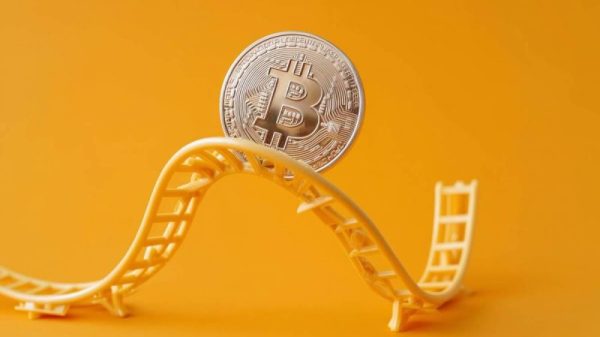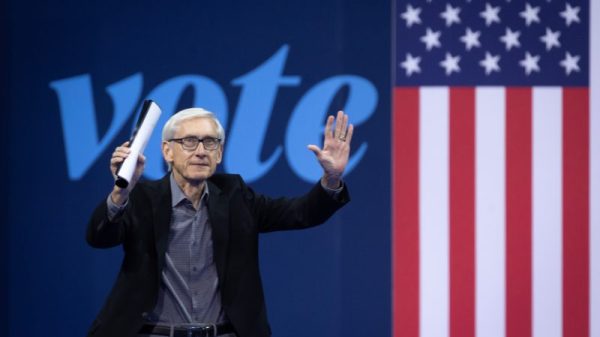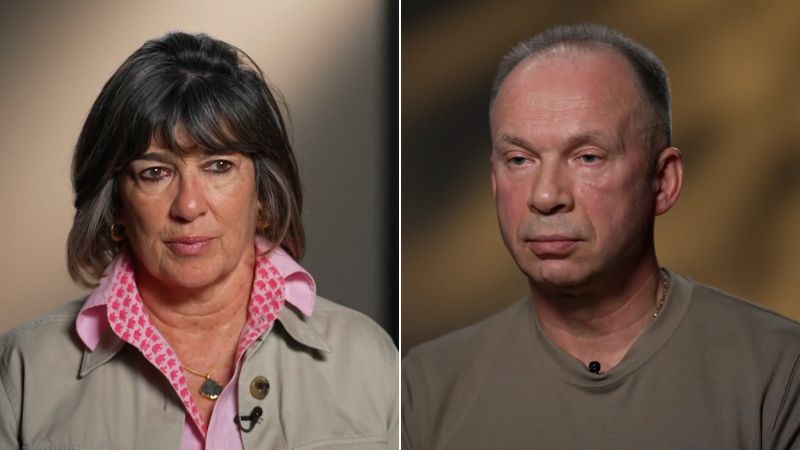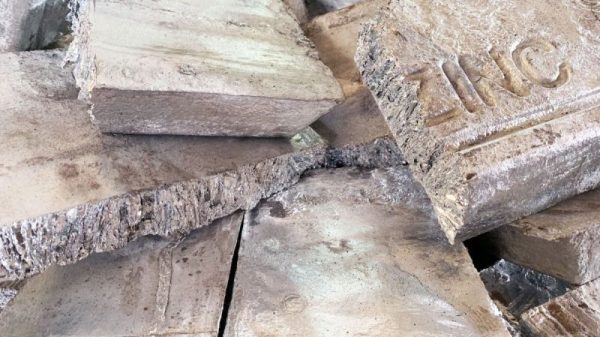“It reduced the threat of an enemy offensive. We prevented them from acting. We moved the fighting to the enemy’s territory so that [the enemy] could feel what we feel every day,” Syrskyi said, in a rare interview that offered a candid assessment of the war.
Last month, Ukrainian forces stormed into Kursk in a cross-border incursion that caught even American officials by surprise. It signaled that, despite Russia’s advantage in terms of men and armor, its military has vulnerabilities.
In what is the most detailed explanation of the rationale behind the incursion, Syrskyi outlined the key objectives of the operation: to stop Russia from using Kursk as a launchpad for a new offensive, to divert Moscow’s forces from other areas, to create a security zone and prevent cross-border shelling of civilian objects, to take prisoners of war and to boost the morale of the Ukrainian troops and the nation overall.
Speaking to Amanpour at an undisclosed location near the frontline, the general, who took over as army chief in February, said Moscow moved tens of thousands of troops to Kursk, including some of its best airborne assault troops.
And while admitting that Ukraine was under immense pressure in the area around Pokrovsk, the strategic city that has for weeks been the epicenter of war in eastern Ukraine, Syrskyi said his troops have now managed to stall the Russian advances there.
“Over the last six days the enemy hasn’t advanced a single meter in the Pokrovsk direction. In other words, our strategy is working.” he said.
“We’ve taken away their ability to maneuver and to deploy their reinforcement forces from other directions … and this weakening has definitely been felt in other areas. We note the amount of artillery shelling as well as the intensity of the offensive have decreased,” he said.
‘The frontline is my life’
Speaking to Amanpour just after inspecting the frontlines on Thursday, Syrskyi said that there’s no doubt that Ukraine is outgunned and outmanned as it tries to defend itself against the Russian aggression.
“The enemy does have an advantage in aviation, in missiles, in artillery, in the amount of ammunition they use, of course, in personnel, tanks, infantry fighting vehicles,” he said.
But Syrskyi also said the fact that Russia has such a material advantage has forced Ukraine to become smarter and more efficient in the way it’s fighting the war.
“We cannot fight in the same way as they do, so we must use, first of all, the most effective approach, use our forces and means with maximum use of terrain features, engineering structures and also, to use technical superiority,” he said, highlighting Ukraine’s advanced drone program and other home-grown high-tech weaponry.
Syrskyi was named Ukraine’s commander in chief in February, after President Volodymyr Zelensky fired Gen. Valerii Zaluzhnyi. He took over at a particularly difficult time for Ukraine.
The months-long delays in the delivery of US military assistance caused critical ammunition shortages.
At the same time, Ukraine was struggling to replenish its troops, exhausted and diminished after fighting Russia’s relentless offensive for two years.
Syrskyi said recruiting more soldiers was a priority. The Ukrainian government then passed a controversial mobilization law, requiring all men between 18 and 60 to register with Ukraine’s military and to carry their registration documents on them at all times – an effort to make the recruitment process more transparent and fair.
Syrskyi admitted his troops are heading to the battlefield after receiving less training than he’d like them to.
“Of course, everyone wants the level of training to be the best, so we train highly qualified professional military personnel,” he said. “At the same time, the dynamics at the front require us to put conscripted servicemen into service as soon as possible,” he added, explaining that new recruits get one month of basic military training followed by half a month to a full month of more specialized training before they are sent to fight.
Syrskyi told Amanpour that the delays in US military assistance did cause major setbacks on the battlefield and led to a slump in morale – something he admitted was still an issue.
He said he takes frequent trips to the frontlines and makes sure he spends time with his troops.
“We speak the same language … we understand each other no matter who I am talking to – whether this is an ordinary soldier, a rifleman, for example, or a brigade commander, or a battalion commander,” he said.
“I have been in this war since 2014,” he said, referring to Russia’s incursion into the Donbas 10 years ago. “In other words, the frontline is my life. We understand each other, I know all the problems that our servicemen, soldiers, and officers experience,” he added.
Syrskyi ended the candid interview by thanking Ukraine’s Western allies for their support. Switching from Ukrainian to English, he said: “Together we are stronger. Together we can win.”

























